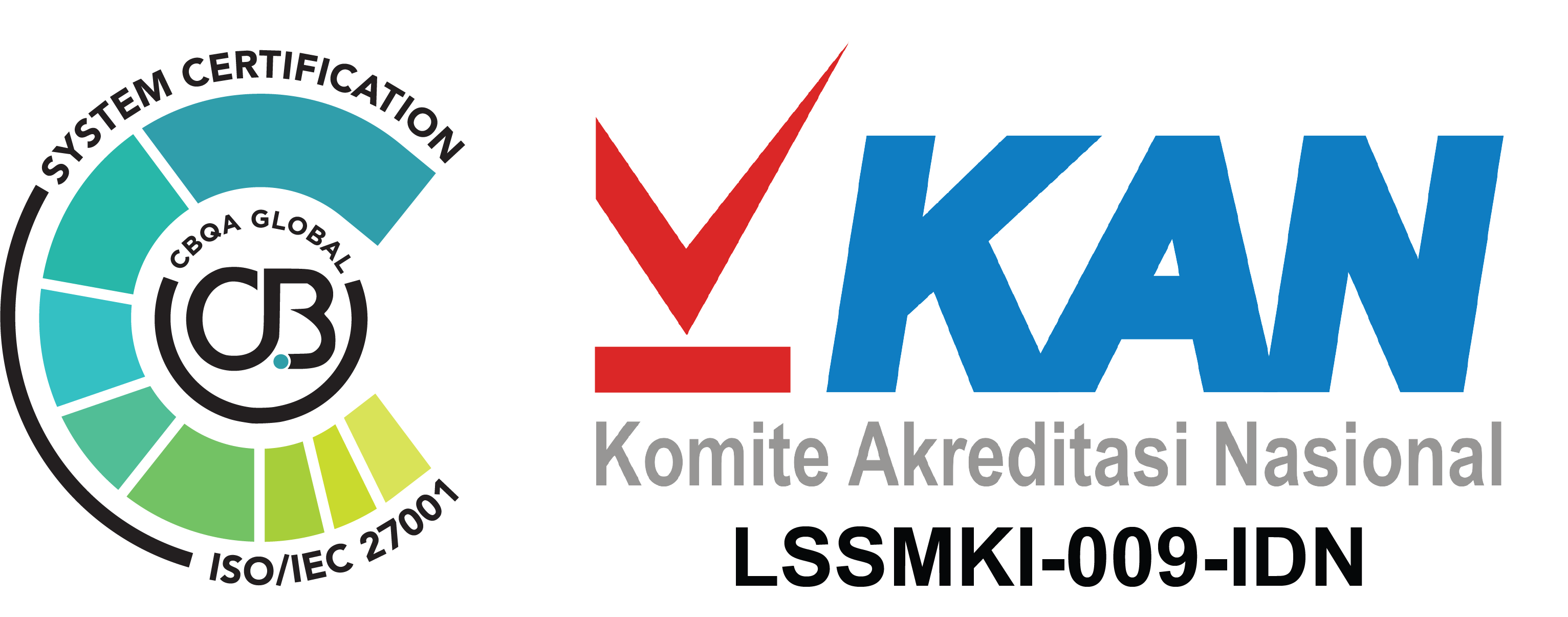-GOVERNMENT BONDS-
The Impact of Burden Sharing and Deflation on Government Securities. The price of government bonds weakened at the close of trading Wednesday, almost occurring in all tenors. Investors are watching that the supply of SBN will increase due to the possibility that the government and Bank Indonesia (BI) will continue to carry out a burden sharing scheme. Previously, Jokowi’s statement that the burden sharing scheme was carried out at least until 2022, if economic growth was below target. For the record, BI has bought SBN on the primary market worth IDR 42.96 trillion until August 18. Yesterday’s market pressure was also a response to the long-term impact of deflation, raising the risk profile of investment in Indonesia. Deflation in line with decreasing purchasing power will exacerbate Indonesia’s domestic economic growth.
-CORPORATE BONDS-
PP Properti and Bank CIMB Niaga Pay Off Due Payable. This property developer has paid off the payment of medium term notes (MTN) IV in 2017 worth IDR 287 billion. These bonds will mature on August 28, 2020. Furthermore, the company has anticipated the possibility of a cash flow mismatch. PP Properti is supported by its parent company, Pembangunan Perumahan Tbk (PTPP), overcoming cash flow mismatches by providing loans in the form of shareholder loans which were realized in July and August. As for the current pandemic situation, PP Properti is trying to keep performing well. This is done by completing a number of apartment building processes. Meanwhile, Bank CIMB Niaga Tbk (BNGA) paid off maturing bonds of IDR 635 billion. The Company paid the entire amount owed for the Continuous Sukuk Mudharabah I Bank CIMB Niaga Phase II Year 2019 Series A on August 31, 2020. (Investor Daily)
-MACROECONOMY-
3Q20 Economy Grows Negatively. Technically, an economic recession occurs when the economic growth in two consecutive quarters experiences negative growth on an annual basis. Minister of Finance (Menkeu) Sri Mulyani said this year an economic recession would occur due to conditions in 3Q20. The Central Statistics Agency (BPS) noted that economic growth in 1Q20 was 2.97% YoY. Then, in 2Q20 minus 5.32% YoY. Thus, the economic recession will be determined by the realization of economic growth in 3Q20. After going through two months in the 3Q20 period, Minister of Finance Sri Mulyani finally spoke up that the Indonesian economy could not withstand the economic recession this year. In 3Q20 it is still experiencing negative growth, even in 4Q20 it is still in a slightly below neutral zone. The Minister of Finance predicts that Indonesia’s economy will be in the range of minus 1.1% to 0.2%. The assumption of the Minister of Finance, if the Indonesian economy is at the level of 0.2% this year, then there will be a recovery in 3Q20 and 4Q20 from the realization in 2Q20. Meanwhile, in the next year the Minister of Finance predicts economic growth in the range of 4.5% -5.5%. This is based on maintained recovery momentum even though the uncertainty of Covid-19 still occurs. (Kontan)
-RECOMMENDATION-
Investors Observe the Revision of the Bank Indonesia Law. In addition to external sentiment, the government’s plan to revise the Bank Indonesia Law has an impact on BI’s independence, suppressing the rupiah exchange rate. The rupiah exchange rate weakened 1.18% to IDR 14,745 / USD on the spot market. Meanwhile, BI’s middle rate weakened 1.29% to IDR 14,804 / USD. The pressure on the rupiah was influenced by external sentiment. The release of the US non-farm payroll employment data was better, beating market expectations. In addition, rupiah pressure was also amidst improving data on the US manufacturing activity index for August. The US ISM Manufacturing PMI data for August is at the level of 56, or better than the market projection at the level of 54.6.

